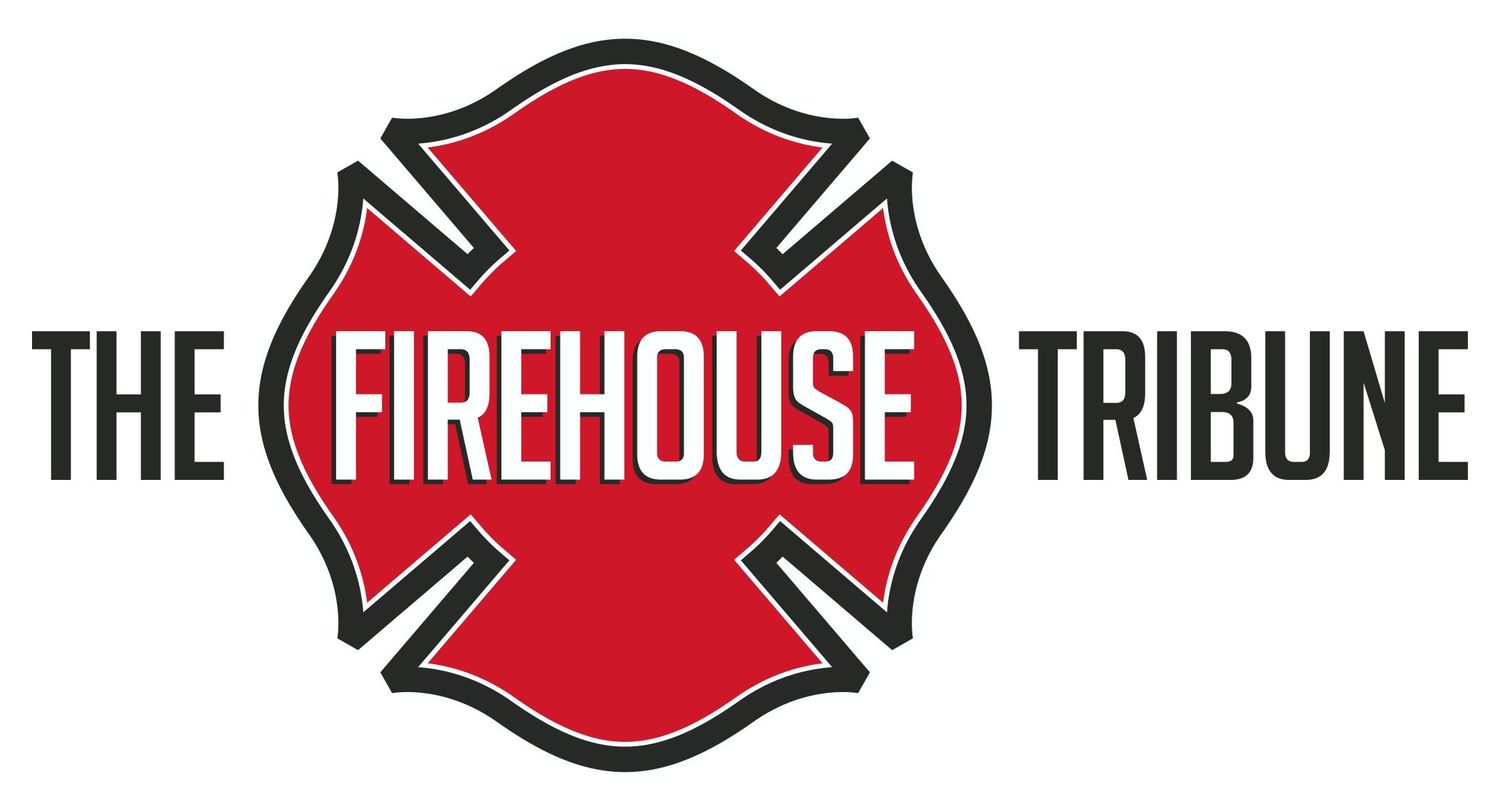Prepare to Perfrom
We are only as good as our last performance but we are also only as we prepare ourselves to be. Preparation begins long before the call comes in. It even begins before any preplanning is done and crew training. It's done, with one's own self. It's called knowing your job and performing it as if it's the championship game each time you're working. Each firefighter is responsible for their assignments and should know their job better than anyone else. On the flipside, each member of the crew should know their fellow firefighters responsibilities just as well as their own. Without knowing and understanding your role and roles around you even knowing the role above you, success is much harder to achieve and days with lower manpower will impact the rate of success.
Some will say strategic planning is something for the command and company officers to worry about. I disagree, this is something each firefighter needs to be thinking about in some capacity. Without it, responsibilities cannot be done as efficiently and voids cannot be easier filled. When looking at this in a sports perspective, the great dynasty teams all had one common denominator, great preparation and an understanding of each other's roles. If we take the New England Patriots who won 3 Super Bowls from 2014 until now went by the mantra "Do Your Job" which stood for one thing, know your responsibilities better than anyone else on the field and understand the big picture that is looking to be achieved. By doing this, success will come. The same goes for the fire service. The more each member of the crew knows and the better they prepare, the easier a day on the fire ground becomes.
Here are a few steps on how to prepare to perform.
Know your role and own it. Be able to understand and explain to others the ins and outs of your role clearly.
Know and understand the other responsibilities of your crew. This helps become multi-dimensional and can easily back fill other roles should there be a short staff or other circumstances that may arise.
Consistently train on your responsibilities and rotate through training on other responsibilities as well. By doing so, it bridges any gaps and helps develop a more unified crew. Example using engine company ops: On a 4 man engine, there's an officer (assumes back-up role), driver, nozzle firefighter and control firefighter (also assumes hydrant duty). This is a prime example of how firefighters are responsible to one role and yet assumes another role. Continually practice in such roles plays dividends when it is used in the field.
Use your resources such as google maps to get aerial views, side views and street views of buildings you want to have specific plans for and even use it for the frequent flyers. Never take anything for granted.
Develop a plan and train on it consistently and then develop contingencies and train on those.
Ensure all crew members understand the strategies and tactics and can clearly explain them. This helps show everyone is clear on the assignments.
Preparation is key to successful fire ground performance. How you prepare is how you perform. Train accordingly.
Until next time; work hard, stay safe & live inspired.



